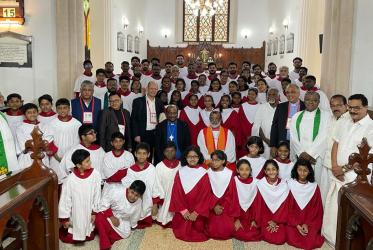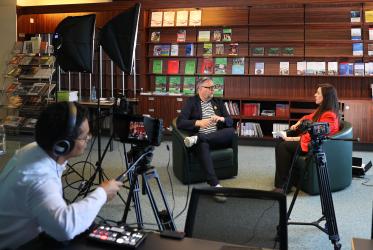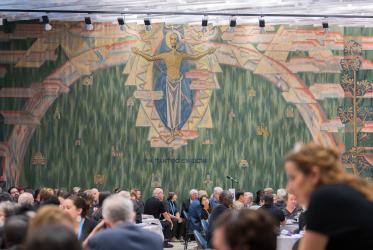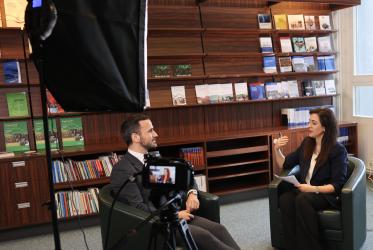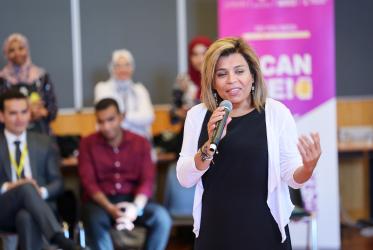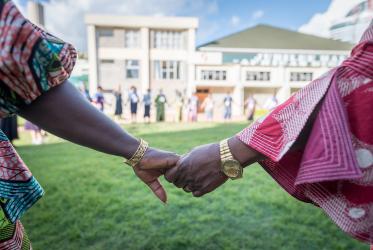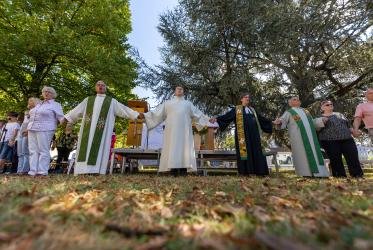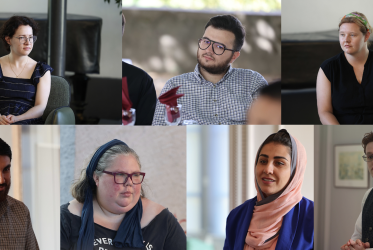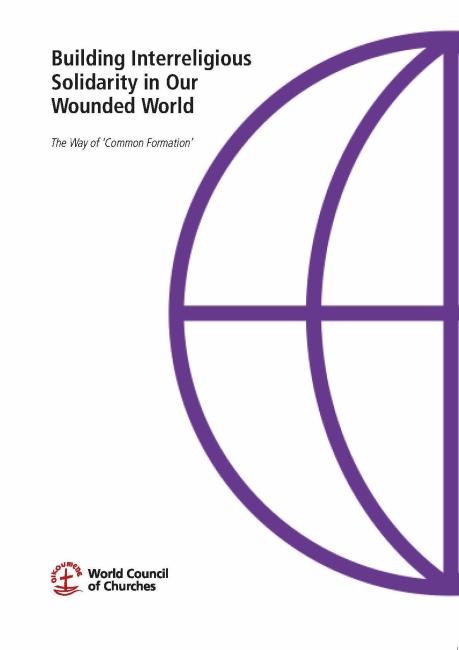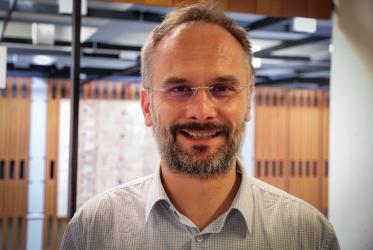Young People and Their Voices from the Warzones
This year’s theme for Ecumenical Youth Day is Young People and Their Voices from the Warzones. Political insurrection and ideologies have permeated the fabric of society. This has caused division and hatred, resulting in the loss of innocent lives.
Addressing the realities young people face in the world today represents a moral imperative for and crucial aspect of peace-building. Providing them with access to education and psychological support is the only solution for their empowerment. Through this toolkit, the World Council of Churches, via youth engagement in the ecumenical movement, extends an invitation and encourages all member churches and ecumenical partners to participate in this year’s Ecumenical International Youth Day. This year, there is a special desire to draw attention to the situation of young people who live the hard realities of wars, conflicts, and injustice. This document contains resources and suggested ways to observe this day and adapt it to your context.
26 July 2023
